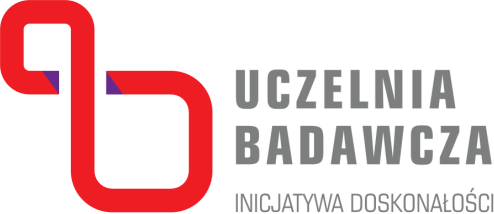Key legislation
The principles of functioning of Polish higher education institutions are laid down in the Act of 20 July 2018 Law on Higher Education and Science
Access to higher education
In Poland, the total duration of education until completion of a secondary school, ending with the secondary school leaving examination (maturity examination), is 12-15 years. Upon successfully passing the examination, graduates are awarded a secondary school leaving certificate, which entitles them to apply for admission to a higher education institution.
Levels of education and degrees awarded
In accordance with the Polish higher education system, Collegium Medicum offers programmes at the following levels:
- first-cycle programme – 3-year studies available to secondary school graduates; equivalent to a Bachelor’s degree programme; awards the degree of licencjat (Bachelor’s degree);
- second-cycle programme – 2-year studies available to graduates of a first-cycle programme; referred to as a supplementary Master’s degree programme; awards the degree of magister (Master’s degree);
- long-cycle programme – 5/5.5/6-year studies (depending on a given field of study); equivalent to a full Master’s degree programme; awards the degree of magister (Master’s degree) or lekarz (Master’s degree in medicine);
- third-cycle programme – doctoral studies; awards the degree of doctor (PhD).
Grading system
At the university level, grades are given from 2 to 5. The grading scale in force at the University is as follows:
- very good / bardzo dobry (5),
- good plus / dobry plus (4.5),
- good / dobry (4),
- satisfactory plus / dostateczny plus (3.5),
- satisfactory / dostateczny (3),
- unsatisfactory (fail) / niedostateczny (2).
For ungraded courses, the following options are used:
- passed / zaliczony (zal),
- not passed / niezaliczony (nzal).
Organisation of the academic year
The academic year begins on October 1 and lasts until the end of September. It is divided into two semesters – winter and summer semester. Generally, each semester ends with an examination session. The summer holidays last three months (July-September). There is also a two-week winter break (usually in February), and a short Christmas and Easter break.
European Credit Transfer System (ECTS)
Since Poland is a member of the European Higher Education Area (EHEA), the University has adopted the European Credit Transfer System (ECTS). The system has been created to facilitate student mobility between European higher education institutions through a common grading system unified across EHEA members. A full year of study is awarded 60 ECTS credits. The total number of credits obtained by a student is presented in their grade reports/transcripts of records and diploma supplements.
Graduation diplomas
Collegium Medicum complies with the obligation to provide every graduate with a Diploma Supplement, standardised across EHEA countries according to specifications agreed by the European Commission, the Council of Europe and UNESCO. The supplement includes information identifying the qualification, the contents of the programme and results gained by its holder.
If you wish to learn more about the Polish education system, European Union educational policies, or other regulations concerning studying in Poland, we invite you to explore the links below.
Useful links:



